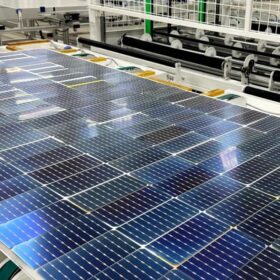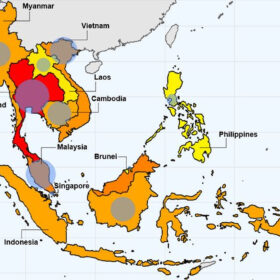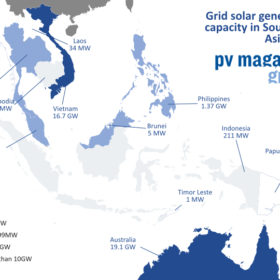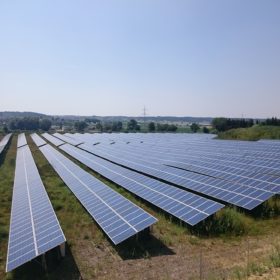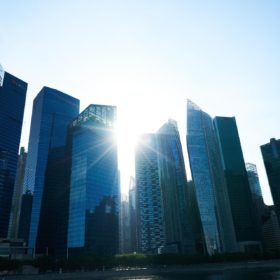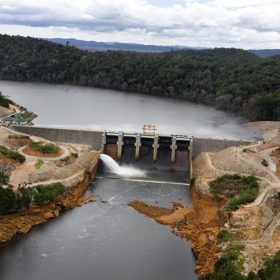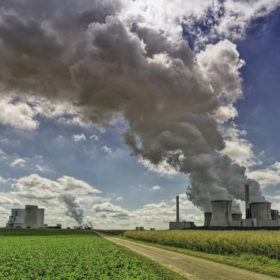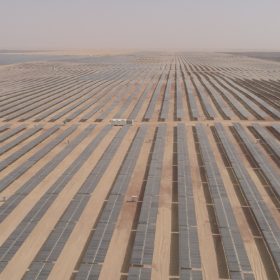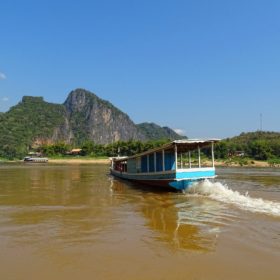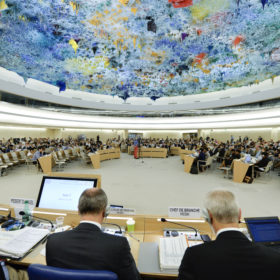SolarSpace launches first phase of 5 GW solar factory in Laos
SolarSpace, a China-based PV cell and module manufacturer, announced the first phase of a 5GW high-efficiency solar cell plant in Laos, giving momentum to its overseas production capacity.
Southeast Asia has technical potential to deploy over 1 TW of floating PV
A group of researchers from the US National Renewable Energy Laboratory assessed the potential for floating PV (FPV) plants at reservoirs and natural waterbodies in 10 Southeast Asian countries. It found that the overall FPV technical potential for the region ranges from 477 GW to 1,046 GW.
Weekend read: Southeast Asian interconnection
While near neighbors, the electricity generation of the countries of Southeast Asia couldn’t be further apart. Indonesia burns locally mined coal; Malaysia has reserves of oil and gas; and populous Singapore, Vietnam, and the Philippines depend on fossil fuel imports. They could all benefit from increased solar electricity but higher grid capacities and interconnection are key for an opportunity to unlock the power of the sun.
In Asean nations it’s all about the solar
Indonesia will have to get to work installing more than 24 GW of solar this year – and every year – if the region is to achieve the 2.1 TW to 2.4 TW of photovoltaics Irena has estimated it will require to achieve a net zero carbon energy system by 2050.
Singapore regulator issues fresh appeal for clean power
The Energy Market Authority has already attracted proposals for 1.2 GW of renewable electricity, to be generated in four southeast Asian nations, and wants to raise that figure to 4 GW by 2035.
Giant floating solar under development in Laos
EDF is planning to build a 240 MW floating PV project at Laos’ largest hydropower dam. French engineering company Innosea has joined the ambitious project as a provider of support for wave and anchoring studies.
China holds the key to cancelling half the world’s new coal project plans
With pressure mounting on the world’s governments to turn their back on the fossil fuel, China and peers in South East Asia, Europe and South Asia could help deliver a coal-free future at the COP26 climate summit planned in Glasgow in November.
Scatec to drop the ‘Solar’ with hydro acquisition
The renewables business is set to acquire the SN Power hydropower operator belonging to Norwegian state-owned private equity business Norfund, with the $1.17 billion deal expected to go through in the first half of the new year. Scatec said the transaction could offer floating solar opportunities.
Can Nam Ngum solar replace Mekong hydro in Laos?
The Lancang-Mekong River is being decimated by hundreds of tributary and mainstream hydroelectric projects from the Tibetan Plateau in China to Lower Sesan in Cambodia. On the Mekong, the Laos Government has constructed the majority of these projects and it is planning even more. But why does it only focus on hydroelectric power plants (HPP’s)? What about other renewable energy sources? Can Nam Ngum solar replace Mekong hydro?
Solar industry counts seven human rights allegations
The Business & Human Rights Resource Centre has published a report looking at the human rights due diligence performance of the renewables industry and examined individual generation methods. The report finds that, while the solar sector is not top of the sad list, its vest also isn’t completely unstained.
